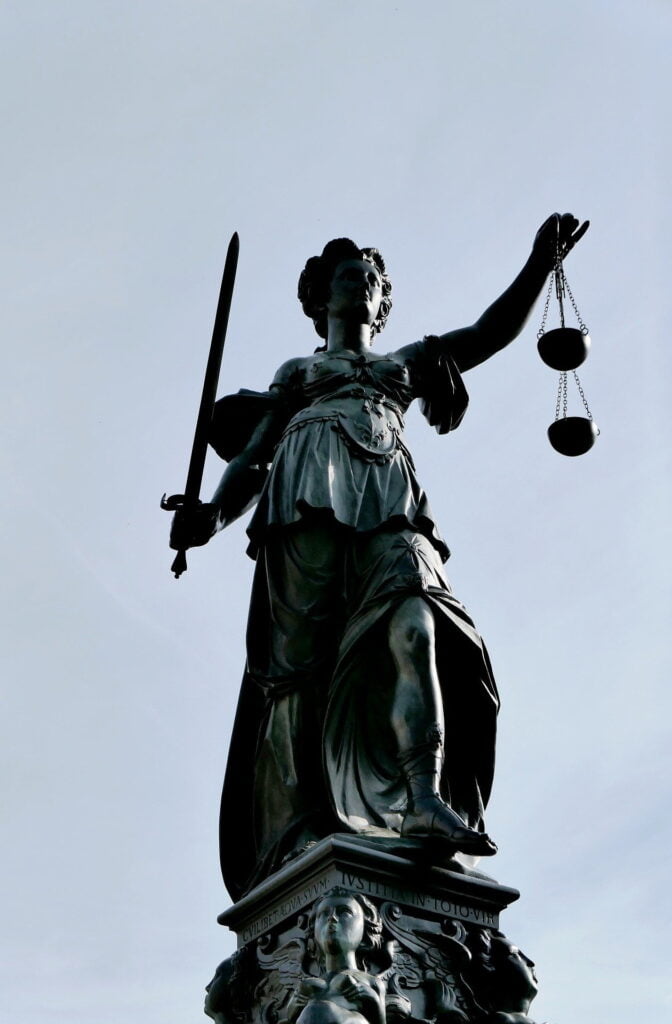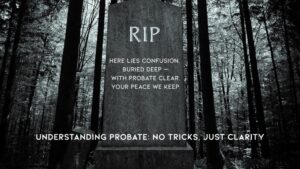When Fiduciaries Cross the Line: Using Estate Funds for Personal Defense in Breach of Duty Claims in NY and NJ
By Andrew Zeitz, Esq., The Law Office of Barry E. Janay, P.C.
Fiduciaries, such as administrators, executors, and trustees, are entrusted with managing estates or trusts for the benefit of others. This role comes with stringent duties of loyalty, care, and impartiality. However, disputes arise when a fiduciary is accused of wrongdoing and seeks to use estate funds to cover legal expenses. How courts handle such situations varies between New York and New Jersey, and the distinctions are pivotal.
Fiduciary Duties and Misconduct
The duties of a fiduciary include acting in the estate’s best interests, avoiding conflicts, and managing assets prudently. Breaches of these duties often involve self-dealing, negligence, or favoritism, prompting claims that the fiduciary acted against the estate’s interests. When sued, the fiduciary may attempt to use estate funds for their defense, raising legal and ethical questions.
The Legal Landscape: New York
New York courts generally disfavor fiduciaries using estate funds for personal defense in claims of misconduct. The law emphasizes that estate funds belong to beneficiaries, not to shield fiduciaries from allegations of wrongdoing. Key rulings illustrate this principle:
- Brockbank v. Attorney Gen.: The court ordered the fiduciary to repay $68,000 in legal fees improperly taken from the estate, underscoring that defense expenses for misconduct are a personal obligation.
- Matter of Bishop: Indemnification is permitted only if the fiduciary successfully defends against claims and demonstrates that the defense benefitted the estate.
- Matter of Stanley: Fiduciaries can seek reimbursement for reasonable administrative costs, including litigation, but this does not extend to defending personal misconduct without explicit court approval.
However, exceptions exist. In some cases, fiduciaries who act in good faith or are exonerated may seek reimbursement under the Surrogate’s Court Procedure Act (SCPA) § 2110. This statute allows courts to allocate legal fees from the estate, provided they serve its interests.
The Legal Landscape: New Jersey
New Jersey law on this issue is less clearly defined, but similar principles apply. Under N.J.S.A. § 3B:14-35, fiduciaries are liable for damages arising from improper exercises of their powers. Courts tend to scrutinize whether defense expenditures genuinely benefit the estate or are merely self-serving.
For example:
- In re Estate of Lash: The New Jersey Supreme Court denied a fiduciary’s attempt to recover legal fees from estate funds, ruling that such payments must align with the estate’s interests and statutory obligations.
- F.G. v. MacDonell: While not specific to estates, this case reinforces the high standard of fiduciary loyalty and accountability in New Jersey.
Although further research is needed for definitive rulings, the emphasis remains on protecting the estate’s assets for its beneficiaries.
Key Differences Between New York and New Jersey
- Clarity of Case Law: New York provides a more detailed framework, while New Jersey law relies on broader fiduciary principles with less direct guidance.
- Judicial Discretion: New York’s courts frequently allocate legal fees post-litigation under specific statutes, whereas New Jersey courts appear more restrictive, emphasizing the fiduciary’s personal accountability.
Practical Implications for Fiduciaries and Beneficiaries
- For Fiduciaries: Avoid using estate funds for defense without court approval. Maintaining detailed records and seeking independent counsel can mitigate risks.
- For Beneficiaries: If you suspect misconduct, act quickly to contest unauthorized expenditures. Courts can order fiduciaries to repay misused funds and may impose surcharges.
Conclusion
Fiduciaries accused of breaching their duties face significant legal challenges, particularly when seeking to use estate funds for personal defense. Courts in both New York and New Jersey prioritize protecting beneficiaries over shielding fiduciaries from their own misconduct. At The Law Office of Barry E. Janay, P.C., we help fiduciaries and beneficiaries navigate these complex issues to ensure the estate’s integrity and compliance with the law.
For legal guidance on fiduciary disputes, contact Andrew Zeitz, Esq., at The Law Office of Barry E. Janay, P.C.








